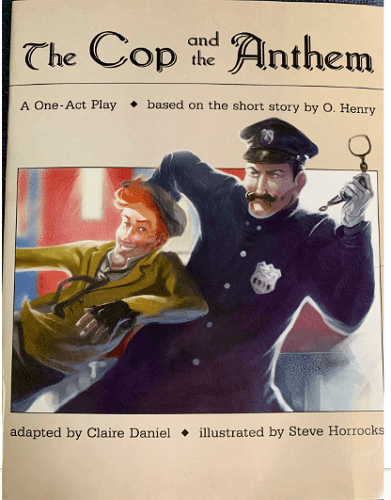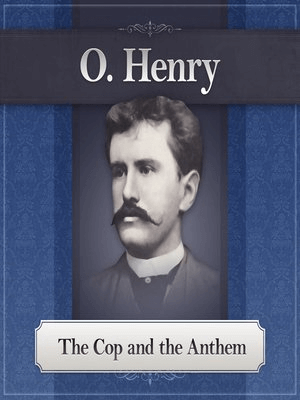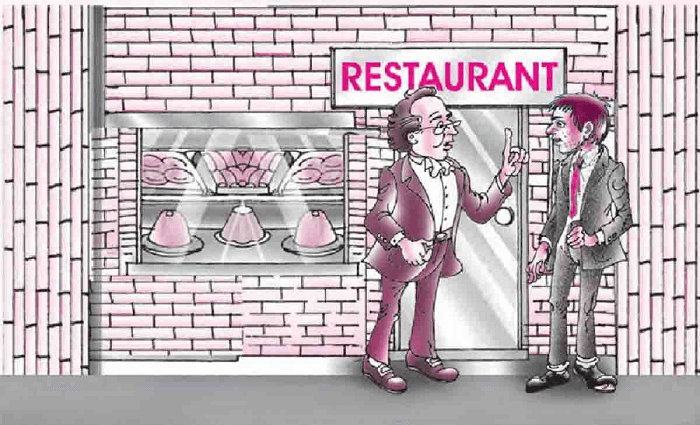The Cop And The Anthem SummaryIntroductionThe narrative is funny. In the winter, Soapy the wanderer was on the hunt for a place to stay. Despite being young, he did not work. He demanded to be detained for three months throughout the winter. He, therefore, made every effort to get into jail, but when he decided to live a respectable life, he ended up being arrested. Not for the damage he undertakes, but for tussling with a police officer. 
About The AuthorO. Henry, true name William Sydney Porter, was an American narrative writer who lived from 1862 to 1910. Henry's prolific body of work, which represented his diverse experiences and is notable for its witticism, deft wordplay, and shocking twist endings, is deep and varied. Like a lot more writers, O. Henry had scattered early career goals and dabbled in a variety of jobs before discovering that writing short stories was his true calling. He began working at his uncle's pharmacy in 1879, and by the time he reached the age of 19, he had earned his pharmacy licence. His earliest artistic endeavors were sketches of the customers he encountered when he worked in the pharmacy. In March 1882, O. Henry made the trip to Texas to get rid of a chronic cough he had developed. He was a talented guitarist and mandolin player who enjoyed a lively social life in Austin. Porter, as he was still known, worked in a variety of fields during the ensuing years, including pharmacy, drafting, journalism, and finance. 
Theme Of The StoryA study of the cruelties and unavoidable realities experienced by underclass inhabitants at the beginning of the 20th century is crucial to O. Henry's narrative "The Cop and the Anthem," which tells the tragic tale of a homeless man's unsuccessful efforts to get imprisoned to escape sleeping in the cold. Words like "refuge" and "haven," which Soapy uses to characterize Blackwell's Island, are evocative of the rhetoric that drove waves of destitute and homeless people to the US in search of an improved existence. Summary of the Cop and the AnthemA robber by the name of Soapy once resided in Madison Square Garden in New York, USA. He had low standards of desire and was an unemployed, homeless man. As he was aware that winter was approaching, he shifted restlessly in his seat. He realized that he would need to find a means to look after himself over the upcoming several months. He chose to spend the approaching season in the Blackwell's Island prison, as opposed to the wealthy individuals who would travel to Florida and go sailing. 
He would receive food, a bed, shelter, and police protection as a prisoner. Additionally, he believed this being in jail was preferable to being a beggar because the latter required him to clean the body and share details of his life. He believed that a gentleman's own life continued to be his own life even while incarcerated. So, he chose to eat dinner at a posh establishment. Whenever a server would inquire about cash, he would only say, "I don't have the money," which would cause a police officer to be called and have him detained. He considered this style of being perfect and enjoyable. However, the head waiter saw his tattered shoes and worn-out attire as soon as he stepped inside the restaurant. Thus, his initial idea was unsuccessful. His next move was to toss a stone through the window, which resulted in a police officer taking him into custody. However, that strategy also failed because the officer didn't believe Soapy's actions were consistent with vandals. Then he decided to attempt his original strategy again, this time in a more laid-back eatery where his scruffy appearance would not be unwelcome. He ordered dinner and informed the server that he was broke. Everything went as planned, but the waiter phoned another waiter, and instead of letting him stay in the restaurant, they threw him out. 
As he continued, he came across a police officer standing in the path of a large cinema. He then tried to appear inebriated, but he failed once more. He then came upon a man who was carrying an umbrella. Ironically, he took the umbrella but was not caught this time. Finally, Soapy arrived at the peaceful Madison Square Street and halted in front of the house that had once served as his residence. Then, after realizing his mistake, he started to notice his wasted time, bad desires, dead hopes, and diminished mental ability. The music emanating from the home rekindled Soapy's desire to battle once more and establish himself as a well-known figure. He suddenly felt something on the shoulder and turned to see a stern-looking officer. The thief's newfound strength caused the dialogue to break down into an altercation. To quarrel against a New York police officer, though, is supposedly a bad idea. Ironically, the criminal was given a three-month term even though he didn't want to go to jail. ConclusionDespite the bad things we do, The Cop and the Anthem teach us that there are occasions when we may recognize our transgressions and make changes in our lives. The lesson we may learn from this tale is that our aspirations, aspirations, ambitions, and plans may have a significant impact on how our lives turn out. |
 For Videos Join Our Youtube Channel: Join Now
For Videos Join Our Youtube Channel: Join Now
Feedback
- Send your Feedback to [email protected]
Help Others, Please Share









